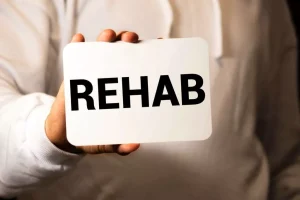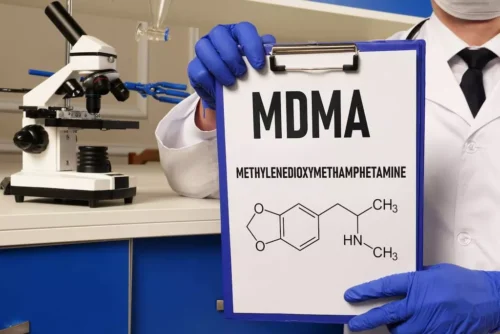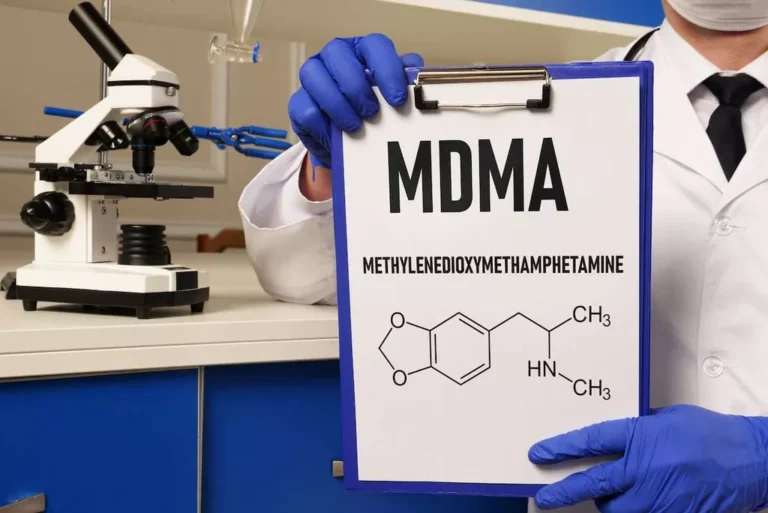7 Worst Foods and Beverages That Dehydrate You, Says a Doctor
How Growing Up With Alcohol Parents Can Affect Children Psychologically
8 ottobre 2021Healing Power of Art for Recovery How Art Helps Heal Addiction
1 novembre 2021
The resulting high blood sugar levels further worsen dehydration by causing your body to urinate more and shift water out of cells, per Medical News Today. We’ve discussed the science behind alcohol consumption, particularly focusing on beer, and its effects on various aspects of our health and performance. We learned that beer and other alcoholic beverages can lead to dehydration due to their diuretic properties, disrupting the balance of fluid intake and output in our bodies. Studies have shown that the diuretic effect of alcohol, especially at high consumption levels, can lead to a negative fluid balance.
Symptoms of dehydration

The normal metabolism of your body can turn some of the components of the beer or alcohol into nutrients and energy components that can lead to dehydration. If you have a generally faster metabolism rate, these effects can be greater. It can; alcohol has direct chemical reactions with the body and acts as a diuretic inside your system, making the body lose water content, which then leads to dehydration. That is why it is always recommended to drink water along with your alcohol. While beer and alcohol can pose certain challenges to hydration, nutrition, weight management, and sports performance, it’s essential to remember that moderation is key. Understanding the effects of alcohol on your body can empower you to make informed decisions that best support your health and fitness goals.
The Benefits of TUDCA
- After all, beer is about 95 per cent water and only five per cent alcohol.
- Having the right balance of fluid in your system is essential for your body to carry out basic functions.
- It’s all enough to cancel out many of the benefits of lemon water, such as the presence of pectin, which normally helps balance out blood sugar.
- Whether it is caused by alcohol intake, sweating, or contracting an illness, it must be taken seriously.
While it depends on the type of juice, FatSecret lists an 8-ounce cup of grape juice as having 37 grams of sugar. And most people drink more than two cups of juice in a single sitting. Before going through the list of drinks that dehydrate you, we should consider why a liquid might make you less hydrated. There are three main factors that lead to dehydration from beverages. Let’s look at some of the drinks that cause dehydration and why they might be draining your moisture. Finally, while alcohol does cause sleepiness, it also prevents any meaningful sleep from occurring.
What’s The Least Dehydrating Alcohol?
Replenishing the liquids you lost is essential to preventing dehydration. As we mentioned before, adding more beer to the equation will only increase the rate at which you need to urinate. Drinking water will not only provide hydration and liquid to your body when it needs it most, but it can have the effect of slowing down how quickly the alcohol reaches your bloodstream. If you have no choice and your friends pressure you to stay for another round, try to choose drinks that have lower alcohol content. Traditionally, beer has less alcohol content than wines, vodka, or other hard drug addiction liquors. It’s still important to keep an eye on the amount you are drinking if you don’t want to use the bathroom every few minutes.

Plus, the single portions are also ideal for a pre-bedtime banana and peanut butter snack that can help boost relaxation and aid in better sleep. If your household doesn’t consume peanut butter regularly and you’re looking for a way to cut back on food waste, freezing the nut butter will buy you even more time to use it up—think years (!). But this is best for a long-term pantry stocking case; how can you freeze it without having to regularly defrost the entire jar to simply get a spoonful out? We’ve got two genius hack so you can always have ready-to-eat PB in mere minutes, no broken spoons in sight. Once opened—if you don’t expect to be using it up in the immediate future—simply place the jar in the fridge to reduce moisture exposure and bacterial growth, which will add months to its shelf life.

When alcohol of such concentration enters our bodies, an anti-diuretic hormone called ADH is released. It is true that a long time ago beer was used as a cleaner alternative to bacteria-infected water. However, unlike ancient beer, with only about 0.5% alcohol, modern beer contains about 4-6% alcohol. And can beer dehydrate you the reason for this is the dehydrating nature of the substance.

